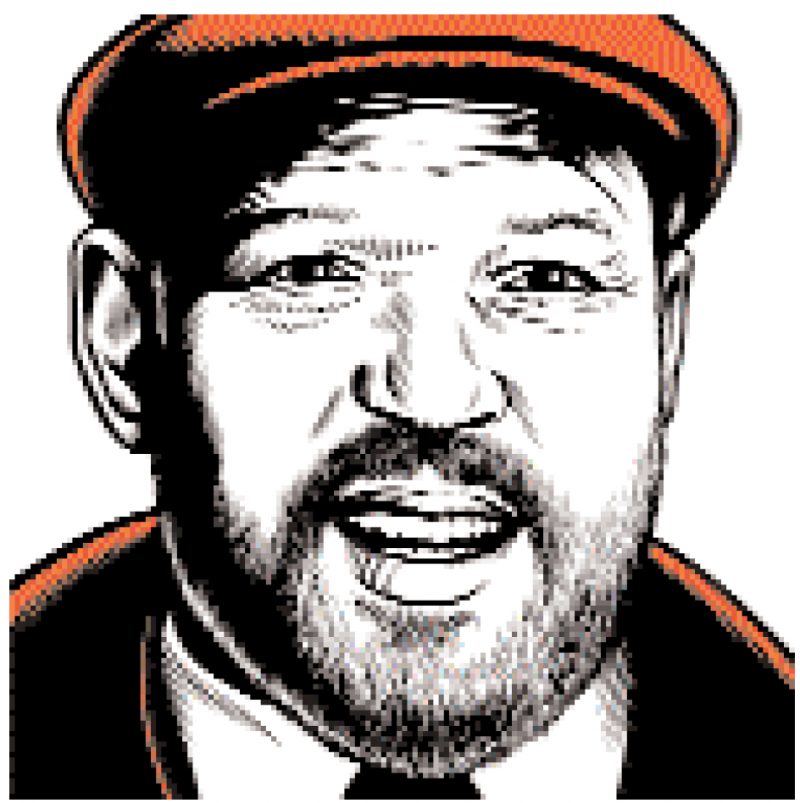On May 10, 1988, I met my Bronx high school’s black alliance club at the 46th Street Theatre, a shrink-wrapped copy of Lovesexy (released that day) tucked under my arm. Amazingly, Prince was the last thing on my mind after more than two hours of Fences, August Wilson’s Pulitzer Prize–winning play—a riveting treatise on a father-and-son conflict over their visions of black identity. Fences was my first taste of Wilson’s ongoing drama cycle, which encompasses the black experience in each decade of the twentieth century. Enthralled by Wilson’s blues-tinged voice, I followed his subsequent successes: Joe Turner’s Come and Gone, The Piano Lesson, Two Trains Running, Seven Guitars, King Hedley II, and revivals of Jitney and Ma Rainey’s Black Bottom.
Born Frederick August Kittel in Pittsburgh, Pennsylvania—in an impoverished neighborhood known as the Hill—the playwright was one of six siblings. Dropping out of high school after a teacher’s racist accusation that he had plagiarized a paper, Wilson soon became a poet under the inspirational aegis of Dylan Thomas and Amiri Baraka. He began writing plays in the 1970s after a brief stint with the Black Horizons Theatre. Ma Rainey’s Black Bottom caught the attention of Yale Drama School’s Dean Lloyd Richards in 1982, which led Wilson to the Great White Way. He swiftly kicked its ass: the playwright has been awarded Pulitzer Prizes and Tony Awards for both Fences (1987) and The Piano Lesson (1988).
Outdoors at an Au Bon Pain in Boston, the fifty-nine-year-old Wilson took a break from rehearsing a pre-Broadway production of his latest play, Gem of the Ocean. Lighting Marlboro Lights proved difficult under the chilly, gusty wind as we bound from the blues to hiphop, Bearden to Basquiat, and beyond.
—Miles Marshall Lewis
I. “I THINK THAT’S THE CORE OF BLACK AESTHETICS: THE ABILITY TO IMPROVISE.”
THE BELIEVER: Despite the similarities between Fences and Death of a Salesman, and the art of playwriting as a predominantly white discipline, you’ve cited your greatest literary influence as poet/playwright Amiri Baraka. How would you say he influenced you?
AUGUST WILSON: I’m not sure what they say about Fences as it relates to Death of a Salesman. At the time I wrote Fences, I had not read Death of a Salesman, had not seen Death of a Salesman, did not know anything about Death of a Salesman.
My greatest influence has been the blues. And that’s a literary influence, because I think the blues is the...
You have reached your article limit
Sign up for a digital subscription and continue reading all new issues, plus our entire archives, for just $1.50/month.
Already a subscriber? Sign in





